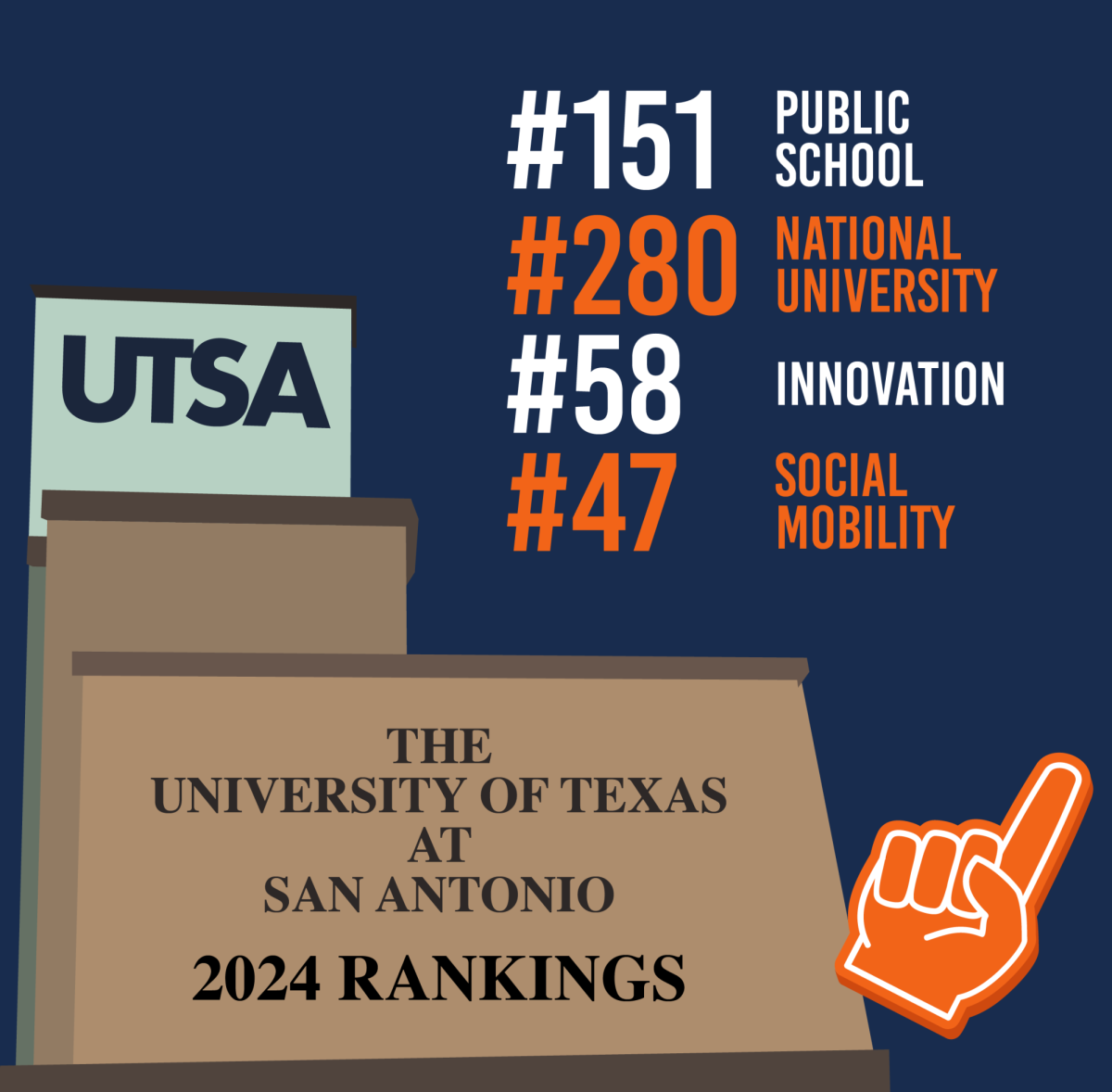A world with a taco truck on every corner is quite possibly the most beautiful world I could ever dream of. If I were in a beauty pageant and the judges asked, “What do you want to do to make the world a better place?” I would probably answer, “Put a taco truck on every corner!”
Dos frijole y queso quesadillas con aguacate, por favor is the only sentence I want to say for the rest of my life.
But Marco Gutierrez, founder of Latinos for Trump, doesn’t want to live in that world.
During an interview with Joy Reid on MSNBC, Gutierrez warned against the consequences of unfettered undocumented immigration. “My culture is a very dominant culture, and it’s imposing and it’s causing problems,” Gutierrez said. “If you don’t do something about it, you’re going to have taco trucks on every corner.”
Immediately, Gutierrez came under fire for his racism and the even more obvious problem — in what world is a taco truck on every corner a problem?
In the days following #TacoTrucksOnEveryCorner-gate, I saw nearly every iteration of arguments in favor of taco trucks on every corner. Timelines were flooded with posts like:
“Duh, everybody loves tacos!”
“Job creation would be unprecedented and we could solve unemployment.”
“We as a country should allow immigrants because they are hard workers and good for the economy,” and other statements to that effect.
The latter argument has popular support; a 2015 survey by the Pew Research Center found that 51 percent of those interviewed agreed that, “immigrants today strengthen the country through their hard work and talents.” Depending on which side of the immigration debate you’re on, this might sound like a step in the right direction. But here’s the major underlying problem with this attitude: the belief that undocumented immigrants are “good” because of their “hard work and talents.”
This line of thinking reduces undocumented people to their jobs – deeming them valuable based solely on their labor and economic contributions – rather than seeing their value simply because they’re human beings. Basing someone’s worth on their labor capabilities alone is dehumanizing; it homogenizes the complex history and life experiences of the thousands of people seeking refuge in the United States.
Viktoria Zerda, a UTSA alumna who works with Family Endeavors (a non-profit that aims to reunite unaccompanied minors from Central America with family or family friends in the U.S.) shed some light on the current immigration situation.
“I’ve worked mostly with unaccompanied minors from Central America. They have been one of the largest demographics coming into the United States for the past four to five years.”
Zerda explained that most of them left their home countries because they had no family left or because they were fleeing gang violence, sexual abuse and drug trafficking. Zerda noted that the violent conditions that lead children to leave their home countries is largely a result of “U.S. capitalist and imperialist interests that have exacerbated violence and corruption in these Central American countries.”
These children undergo incomprehensible violence (intensified by U.S. economic and political interests), only to arrive in this country and be valued exclusively for their ability to add to the economy. This is a completely dehumanizing and exploitative way to view people seeking refuge.
Those 51 percent who agreed that “immigrants today strengthen the country through their hard work and talents” probably meant well. Even so, this doesn’t excuse the erasure of struggle and history that is a product of equating immigrants to workers.
#TacoTrucksOnEveryCorner might sound like a dream world, but we must be conscientious of the people stuck in the crossroads of this conversation — the undocumented immigrants, unaccompanied minors and refugees whose lives are worth so much more than their ability to make us tacos.






